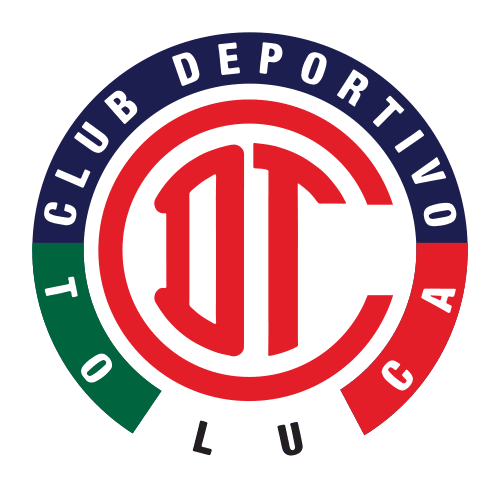Search results
Gustavo Gutiérrez Merino Díaz [1] (Lima, 8 de junio de 1928) es un filósofo y teólogo peruano, ordenado sacerdote en 1959 y dominico desde 2001, uno de los principales representantes de la corriente teológica denominada teología latinoamericana de la liberación, una de las más influyentes del siglo XX.
Gustavo Gutiérrez funda en Lima, 1974, el Instituto Bartolomé de Las Casas3. En 1985 obtiene el doctorado en teología en la Facultad de Lyon (Francia). Desde entonces se prodiga en cursos como profesor invitado en diversos centros esparcidos por la geografía del planeta: Michigan, Cambridge, Harvard, Comillas, Berkeley, Sao Paulo y
Gustavo Gutiérrez Merino OP (born 8 June 1928) is a Peruvian philosopher, Catholic theologian, and Dominican priest, regarded as one of the founders of Latin American liberation theology. [1] [2] He currently holds the John Cardinal O'Hara Professorship of Theology at the University of Notre Dame , and has previously been a visiting ...
Gustavo Gutiérrez. (1928/06/08 - Unknown) Sacerdote y teólogo peruano. Uno de los fundadores y principales exponentes de la Teología de la Liberación. Movimiento: Teología de la liberación. Orden religiosa: Orden de Predicadores. Premios: Princesa de Asturias de Comunicación y Humanidades, Nacional de Cultura... Nombre: Gustavo Gutiérrez Merino.
Gustavo Gutiérrez Cabello (Valledupar, Cesar, 12 de septiembre de 1940) es un músico colombiano, cantante, compositor, guitarrista y acordeonista de música vallenata. [ 9 ] [ 10 ]
Gustavo Gutierrez, Roman Catholic theologian and Dominican priest who is considered the father of liberation theology, which emphasizes a Christian duty to aid the poor and oppressed through involvement in civic and political affairs. Learn about his life, ministry, and legacy in this article.
A book by a Peruvian theologian and Dominican priest that explains his notion of Christian poverty as a liberatory protest against poverty and a programme of social and political change. The book was influential in the development of liberation theology in Latin America and faced criticism from the Vatican.

